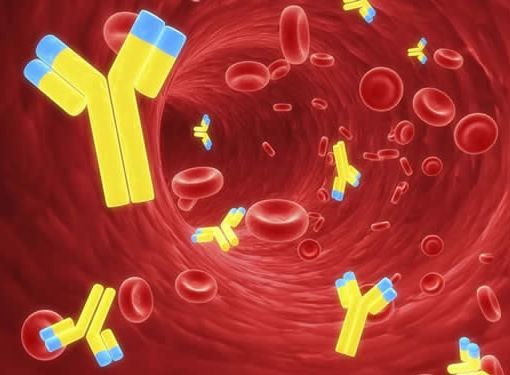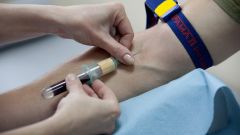Why do we need the antibodies in the blood
Human health depends on the immune status of the organism. The main role in the immune system played by white blood cells (leukocytes) and antibodies, which are special proteins. They are synthesized by b lymphocytes in response to the ingestion of various foreign cells. The antibody comprises four chains: two long and heavy, two short and light. Each of these cells has a special linking element, it consists of several loops with different length and different structure of amino acids (depending on the type of antibodies). Other parts of these cells are the same (regardless of their type), it improves their interaction with other components of the immune system. Antibodies have a specificity: certain cells can only operate on specific antigens. For example, serum, introduced into the body, affects only on one disease, not acting on other diseases.
The main function of the antibody is recognizing and binding antigens, as well as the destruction of the affected cells. Antibodies can fight the antigens in several ways. First, they connect the foreign cells together so that they didn't move. After that, the antigens are absorbed by macrophages – cells capable of capturing and digesting bacteria. Second, they form "holes" in the walls of the antigens, the content "flows", and these cells die. Thirdly, they block antigens, subsequently, the immune system destroys them.
Antibodies may be protein molecules, and protein.
As detected antibodies in the blood
The presence or absence of antigens and antibodies in blood can be determined by the laboratory method, which is called "enzyme immunoassay". It can be quantitative (to determine the quantity of antigens and antibodies) and qualitative (to indicate the absence or presence of antibodies or antigens). To perform this analysis, the biological material is blood. Immunoassay method of the study also determines the level of hormones, immunological complexes and other biologically active substances. It is used in the diagnosis of immunodeficiency, viral diseases (herpes, hepatitis, cytomegalovirus), in endocrinology for detection of cancer (tumor markers).
In some cases, for the determination of antibodies in samples taken amniotic fluid, cerebrospinal fluid.
To identify the antigen of any virus in the blood make antibodies specific to that virus. And, on the contrary, to determine in the blood of antibodies, it is necessary to provide antigens which are specific for this antibody. Information about how many of these cells must be normal, is usually given on the form for analysis results. Excess can mean the presence of any pathology. For example, it may be due to the fact that the body has been infected by any virus. After appropriate treatment the number of antibodies may be reduced and will stay at a relatively stable level.







